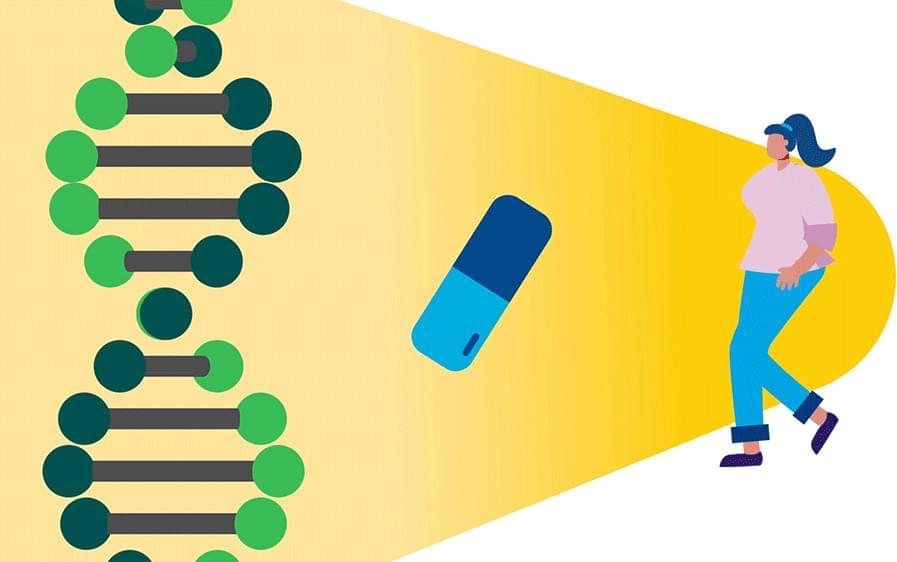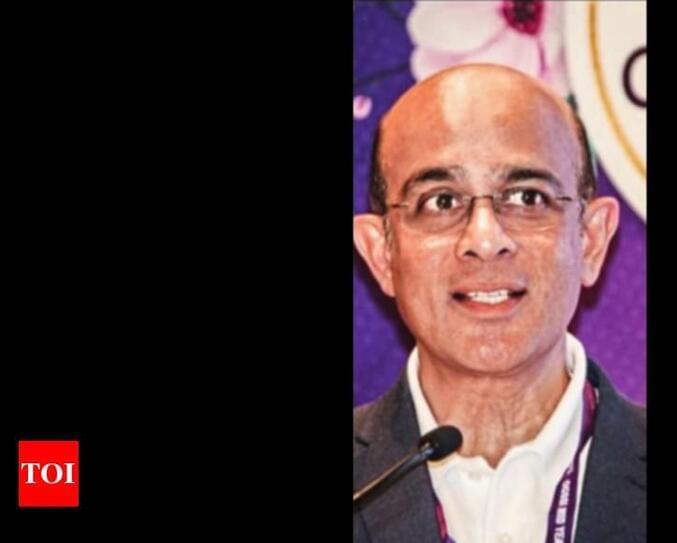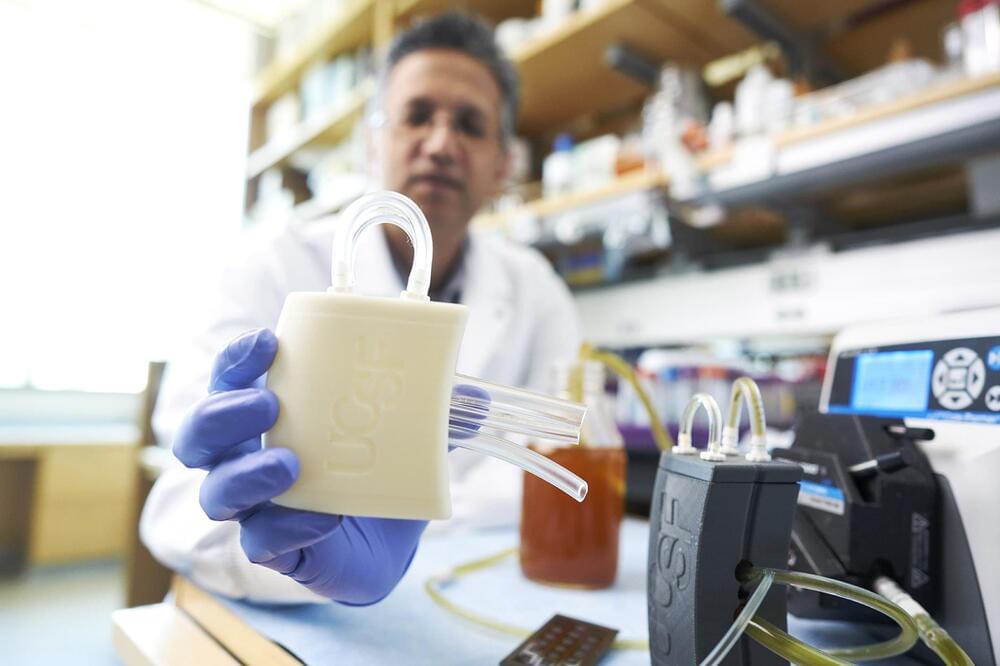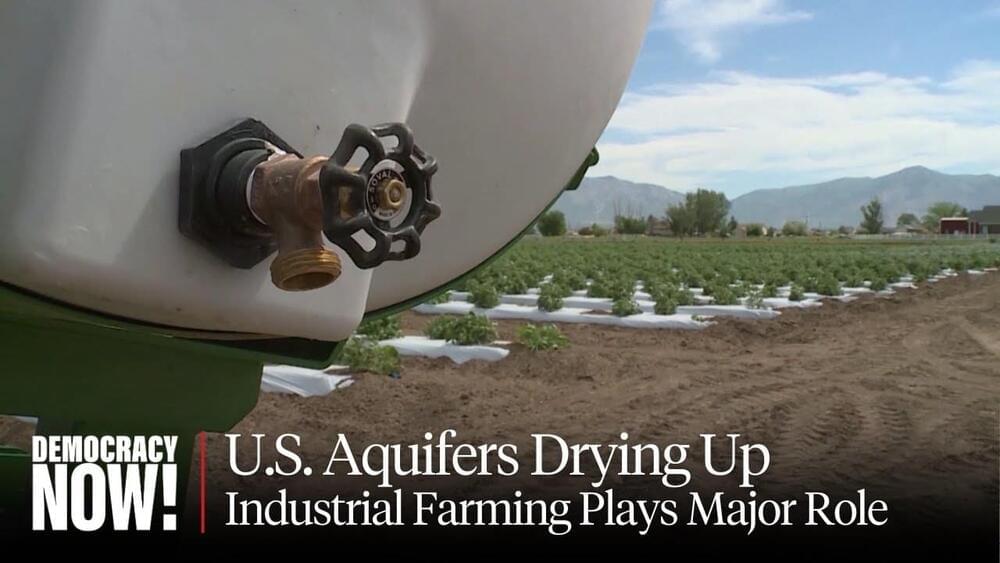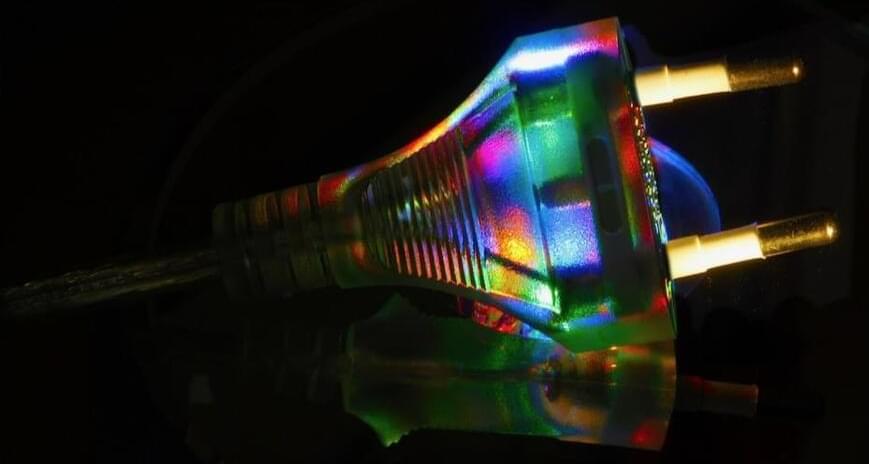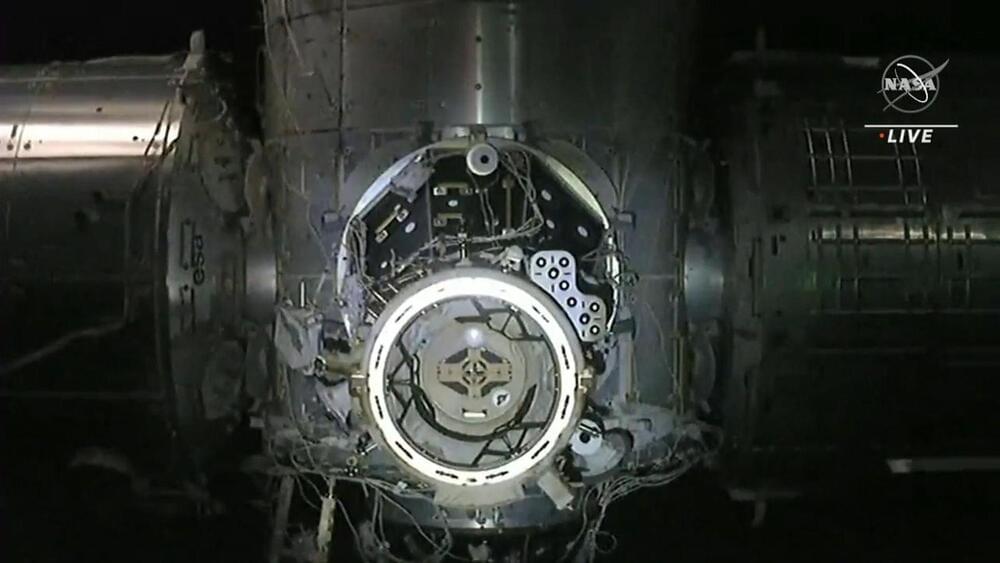Sep 1, 2023
When is pharmacogenomic testing useful in cancer care?
Posted by Omuterema Akhahenda in categories: biotech/medical, food, genetics
Dr. Kimathi is a medical oncologist in a community setting where she sees patients with a variety of cancer diagnoses. Recently, she had several patients with toxicities to different treatments, including tamoxifen, cisplatin, and methotrexate. Concerned, she wondered if there was a common factor these patients shared to have experienced these toxicities. On review, she found that these patients had different cancer diagnoses and did not share any known comorbidities or risk factors.
Why do some cancer patients experience toxicities from certain treatments and others don’t? Drug metabolism is highly variable among patients, and even within the same patient, depending on age and disease state. Both the toxicity and efficacy of cancer chemotherapy can be affected by many different factors, including other medications, foods, dietary supplements, environmental conditions, and genetic variants in drug-metabolizing genes and drug transporters.
